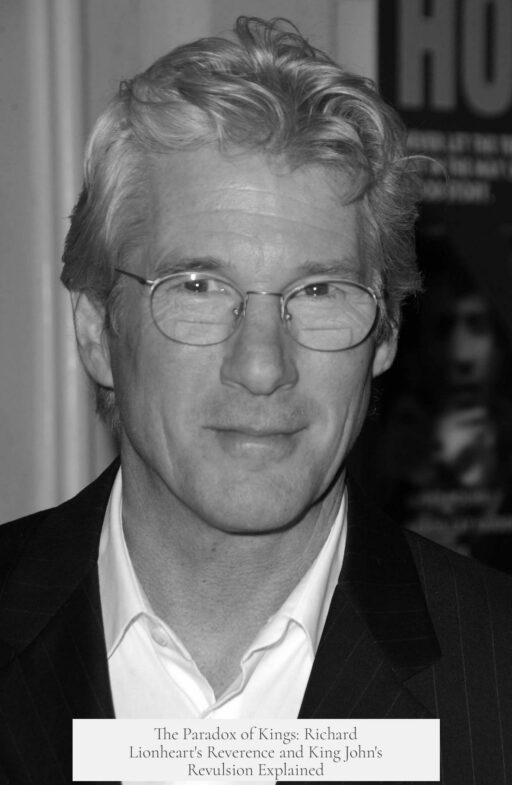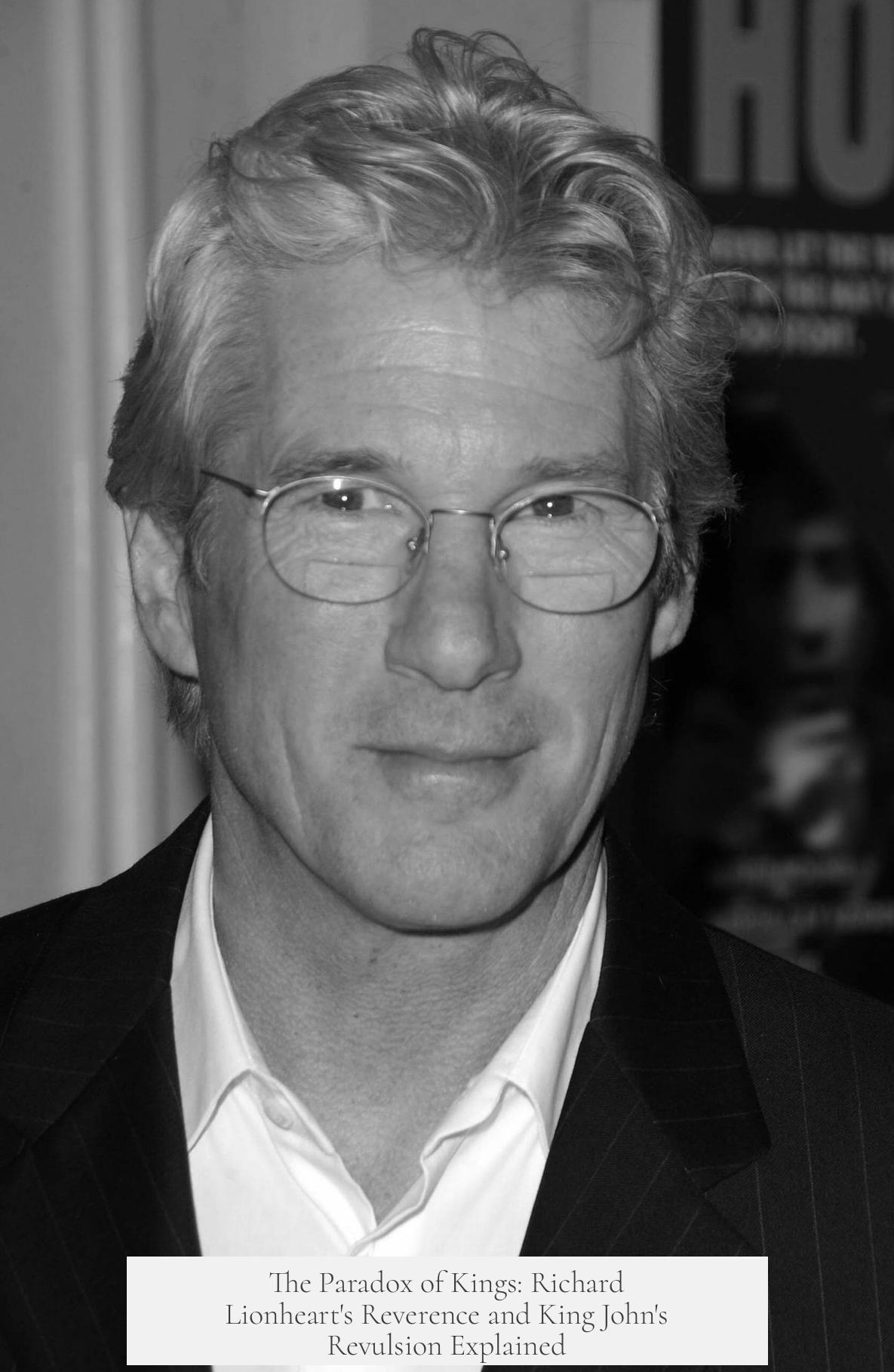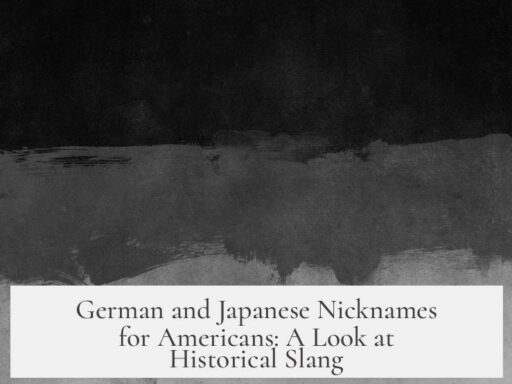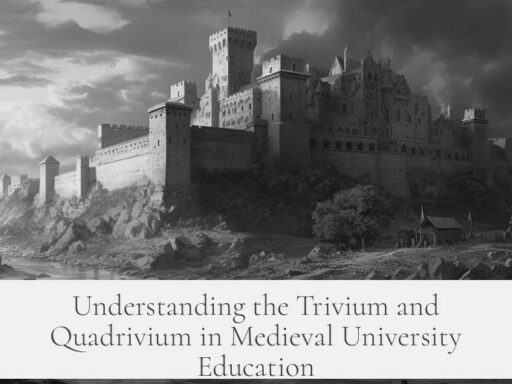Richard Lionheart is revered while King John is reviled because Richard meets medieval ideals of kingship better, despite flaws both shared as rulers. Modern historians note Richard’s greater success and perceived heroism contrasts sharply with John’s failures in governance and warfare.
Richard I earns admiration largely for fulfilling the expectations of a medieval king. His contemporaries valued military leadership, protection of territories, and honor in chivalry. Richard spent much of his reign on crusade, engaging in warfare to defend and expand his realm, which reinforced his heroic image. His absence from England and lack of a direct heir pose challenges but did not provoke much criticism during his time. Medieval norms did not require English kings to primarily speak English; Norman French was common at court, dismissing earlier critiques about his language use.
Victorian romanticism further elevated Richard’s status, painting him as an idealized monarch—brave, pious, and just. This portrayal influenced popular culture, including Robin Hood legends and novels, embedding Richard as a symbol of noble kingship. However, this image overlooks some failings like poor administrative appointments, notably William Longchamp as Chancellor, and his limited domestic presence.
King John, conversely, suffered from tangible political and military setbacks. He lost significant territories in France to Philip II, a serious blow to his prestige. His inability to maintain the loyalty of his barons culminated in internal conflict, notably leading to the Magna Carta’s creation. John’s failure to repel French invasions further damaged his reputation. While some contemporary views and modern reevaluations provide nuance—recognizing inherited difficulties—John remains associated with poor leadership.
Historians now move beyond the simplistic “good Richard, bad John” narrative. Recent scholarship acknowledges both kings had strengths and weaknesses. Yet, Richard’s relative success on the battlefield and stronger alignment with medieval kingly virtues give him a more positive legacy compared to John’s troubled reign, marked by loss and rebellion.
- Richard Lionheart fits medieval ideals of a warrior king better than John.
- Richard’s image is shaped by Victorian romanticism, enhancing his legacy.
- King John lost lands and baronial support, weakening his rule.
- Modern historians view both with nuance but see Richard as more successful.



